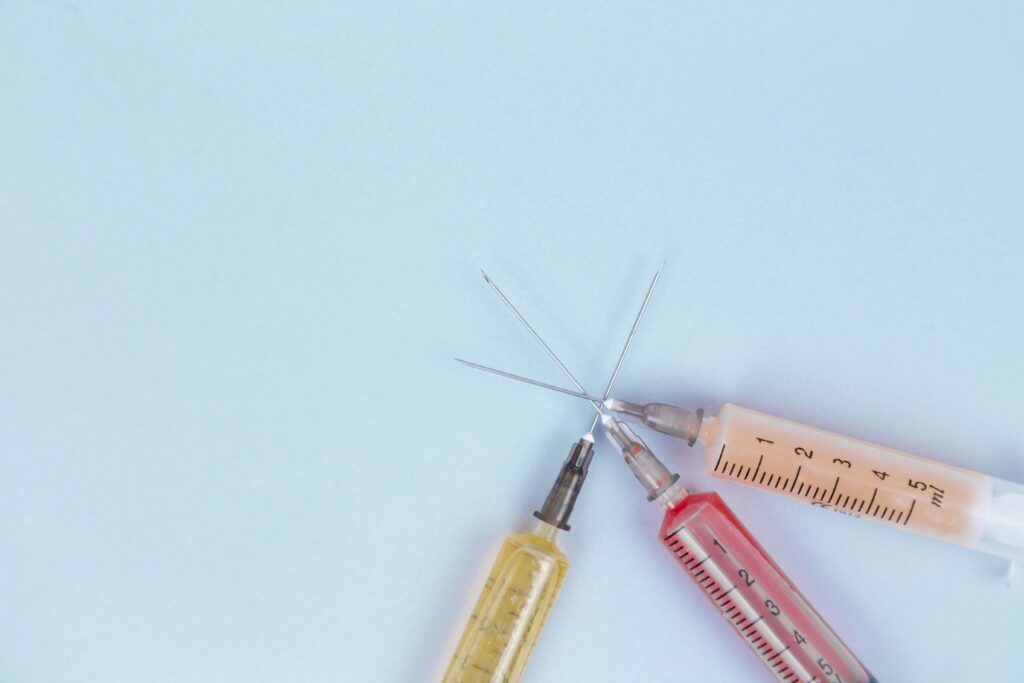Aging is a natural and inevitable part of life, and as individuals grow older, various factors come into play that can significantly impact their health and wellness. One crucial aspect of the aging process is the role of hormones.
Hormones are chemical messengers that play a vital role in regulating numerous bodily functions, and their levels can fluctuate as we age. Understanding the impact of hormones on health and wellness is essential for developing strategies to promote successful aging.
Hormones and the Aging Process
As individuals age, there is a natural decline in the body’s production and regulation of hormones. Various factors, including genetics, lifestyle choices, and environmental factors, influence this decline.
Hormones such as estrogen, testosterone, growth hormone, and thyroid hormones play crucial roles in maintaining overall health.

Men experience a gradual decline in testosterone levels as they age, which can affect muscle mass, energy levels, and sexual function.
This decline underscores the importance of proactive measures for optimal aging outcomes, such as regular exercise, balanced nutrition, and potential TRT (testosterone replacement therapy).
Similarly, estrogen, for example, is a hormone that declines significantly in women during menopause. This decline is associated with various health issues, including bone loss, cardiovascular problems, and mood changes.
Growth hormone, produced by the pituitary gland, is essential for the growth and repair of tissues. However, its production decreases with age, contributing to the aging process.
Thyroid hormones, responsible for regulating metabolism, can also be affected, leading to changes in energy levels and weight management.
The Impact of Hormones on Health
Hormones have several impacts on our health and wellness. Let’s discover some of them.
Bone Health
Hormones, particularly estrogen and growth hormone, are crucial in maintaining bone density. The decline in estrogen during menopause can contribute to osteoporosis in women, increasing the risk of fractures.
Adequate growth hormone levels are essential for bone growth and repair, emphasizing the importance of hormonal balance for skeletal health.
Cardiovascular Health
Hormones influence cardiovascular health, and imbalances can contribute to hypertension and atherosclerosis. Estrogen, for instance, has cardio-protective effects, and its decline can be a factor in the increased risk of heart disease in postmenopausal women.
Hormonal imbalances may also affect cholesterol levels, further impacting cardiovascular health.
Metabolism and Weight Management
Thyroid hormones play a crucial role in regulating metabolism, and imbalances can lead to weight gain or loss. As individuals age, changes in hormonal levels can contribute to a slowing metabolism, making weight management more challenging.
Hormones also influence fat distribution in the body, affecting overall body composition. For those seeking to address these concerns, incorporating a supplement like LeanBiome could potentially aid in supporting healthy metabolism and weight management efforts.

Mental and Emotional Well-being
Hormones have a profound impact on mental and emotional well-being. Estrogen, for example, is known to influence mood and cognitive function.
Hormonal imbalances during menopause or andropause (male menopause) can contribute to symptoms such as anxiety, depression, and cognitive decline.
Reproductive Health
Hormones play a pivotal role in reproductive health. For women, hormonal fluctuations govern the menstrual cycle and fertility. In men, testosterone influences sperm production and overall reproductive function.
Hormonal imbalances can affect reproductive health, leading to issues such as infertility or irregular menstrual cycles, highlighting the interconnectedness of hormones and overall well-being.
Understanding these impacts underscores the importance of maintaining hormonal balance for comprehensive health throughout aging.
Strategies for Hormonal Health
Below are some strategies for hormonal health:
Hormone Replacement Therapy (HRT)
For individuals experiencing significant hormonal imbalances, hormone replacement therapy may be considered under the guidance of healthcare professionals.
HRT involves supplementing or replacing hormones to restore balance and alleviate symptoms associated with hormonal decline. However, the risks and benefits of HRT should be carefully evaluated on an individual basis.
Lifestyle Choices
Adopting a healthy lifestyle can positively influence hormonal balance. Regular exercise, a balanced diet rich in essential nutrients, and adequate sleep contribute to overall hormonal health.
Physical activity, in particular, can stimulate the release of growth hormone and improve insulin sensitivity.

Stress Management
Chronic stress can disrupt hormonal balance, leading to various health issues. Incorporating stress-reducing practices such as meditation, yoga, and deep breathing exercises can help mitigate the impact of stress on hormones and overall well-being.
Nutritional Support
Certain nutrients play a crucial role in supporting hormonal health. For example, omega-3 fatty acids found in fish oil can support hormone production and reduce inflammation. Adequate intake of vitamins and minerals, such as vitamin D and zinc, is essential for hormonal balance.
Conclusion
Understanding the role of hormones in the aging process is essential for proactively addressing health and wellness challenges associated with getting older.
While hormonal changes are a natural part of aging, lifestyle choices, and medical interventions can significantly promote hormonal balance and overall well-being.
By adopting a holistic approach that includes healthy lifestyle habits, nutritional support, and, when necessary, medical interventions, individuals can optimize their aging journey and enjoy a higher quality of life in their later years.

Leave a Reply